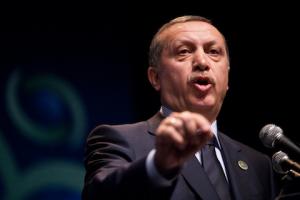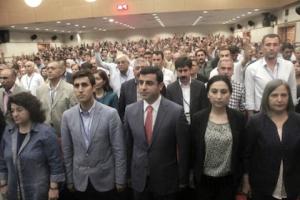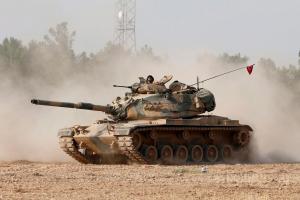Growing Up White in America - Unlearning the Myth of American Innocence (and American Nationalism, Racism and Exceptionalism)
The Guardian
 When she was 30, Suzy Hansen left the US for Istanbul – and began to realize that Americans will never understand their own country until they see it as the rest of the world does. In college, she read James Baldwin, giving the sense of meeting someone who knew her better, than she had herself. This came as a shock, not necessarily because he said I was sick. It was because he kept calling me that thing: “white American”.
When she was 30, Suzy Hansen left the US for Istanbul – and began to realize that Americans will never understand their own country until they see it as the rest of the world does. In college, she read James Baldwin, giving the sense of meeting someone who knew her better, than she had herself. This came as a shock, not necessarily because he said I was sick. It was because he kept calling me that thing: “white American”.










Spread the word